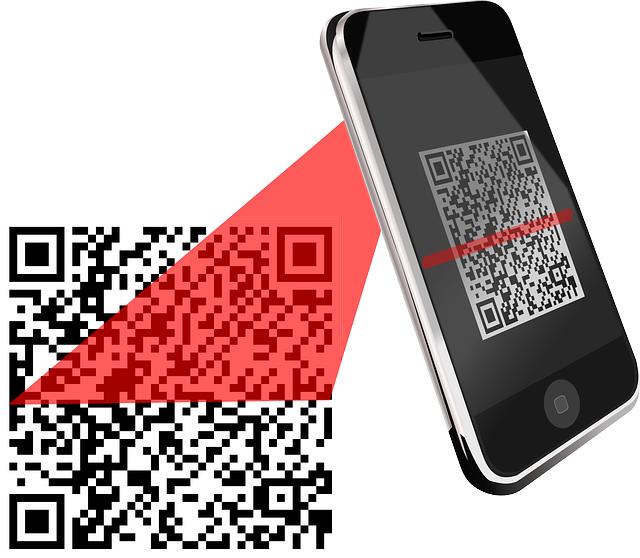In today's global business environment, accurate translation of the UK Code of Conduct and Ethics is vital to mitigate legal and reputational risks. Specialized translation services, employing native speakers or cultural experts with expertise in both source and target languages, ensure clarity and cultural relevance. Rigorous Quality Assurance processes focus on conceptual equivalence, while ethical and legal terminology proficiency safeguard the integrity of translated guidelines. These UK Code of Conduct and Ethics translation services are indispensable for organizations aiming to enforce uniform global ethics and fair decision-making across diverse markets.
In today’s globalized world, ensuring clarity in translated codes of conduct and ethics is paramount. When legal and ethical documents are transferred across languages, nuances and cultural contexts can introduce complexities, leading to misinterpretations that undermine their purpose. This article explores the critical need for clear translations, delving into challenges ranging from linguistic differences to cultural sensitivities. It offers best practices for UK code of conduct translations, emphasizing quality assurance checks to guarantee accurate and culturally relevant ethics guidelines.
- Understanding the Importance of Clarity in Translated Codes
- Challenges in Translating Legal and Ethical Documents
- Best Practices for Accurate UK Code of Conduct Translations
- Ensuring Cultural Relevance and Sensitivity
- Quality Assurance Checks for Translated Ethics Guidelines
Understanding the Importance of Clarity in Translated Codes

In today’s globalized business environment, organizations often operate across borders, making it essential to have a clear and consistent UK Code of Conduct and Ethics in place. When translating such documents for international audiences, clarity is paramount. Ambiguity can lead to misunderstandings and misinterpretations, which may have significant legal and reputational implications. A precise translation ensures that employees worldwide receive the same ethical guidelines, fostering a uniform culture of integrity and accountability.
Clarity in translated codes of conduct and ethics serves as a cornerstone for effective compliance and risk management. It allows employees to understand their responsibilities, promote consistent behavior across different markets, and facilitate fair decision-making processes. Professional translation services specializing in UK legal and ethical frameworks play a crucial role in preserving this clarity while adapting the content to local languages and cultural nuances.
Challenges in Translating Legal and Ethical Documents

Translating legal and ethical documents, such as the UK Code of Conduct and Ethics, comes with unique challenges. One of the primary difficulties lies in capturing the nuances and cultural context of the source language while ensuring precision in the target language. Terms that seem straightforward in one language may have different interpretations or lack precise equivalents in another, leading to potential ambiguities. For instance, concepts related to privacy, data protection, or professional conduct might be expressed differently across legal systems, making an accurate reflection in translation a complex task.
Additionally, cultural and social norms play a significant role in the interpretation of ethical guidelines. What is considered acceptable behaviour or a moral obligation in one culture might vary greatly from another. Professional ethics, for instance, could encompass different expectations regarding confidentiality, conflict of interest, or even the level of professional courtesy expected. UK Code of Conduct and Ethics translation services must be mindful of these cultural differences to produce documents that are not only legally sound but also ethically appropriate for the intended audience.
Best Practices for Accurate UK Code of Conduct Translations

When translating a UK Code of Conduct into another language, accuracy is paramount to avoid misinterpretations that could lead to ethical dilemmas or legal issues. Best practices for achieving precise translations include engaging professional translators with expertise in both the source and target languages. These specialists should not only be fluent but also familiar with cultural nuances and business terminology specific to the context of the code.
Additionally, involving stakeholders from the organization during the translation process ensures that the translated document aligns with the original intent. This collaborative approach includes reviewing key sections, defining ambiguous terms, and confirming that the translation accurately reflects the UK’s legal and ethical framework. Utilizing specialized UK Code of Conduct and Ethics translation services that offer these comprehensive steps guarantees a high-quality, culturally sensitive final product.
Ensuring Cultural Relevance and Sensitivity

When translating a code of conduct or ethics for an international audience, especially in the UK, it’s vital to go beyond linguistic accuracy and address cultural relevance and sensitivity. While literal translation may convey the meaning of each sentence, it might not resonate with readers from diverse backgrounds. For instance, certain cultural norms, values, and even humor can be lost in translation, potentially leading to misunderstandings or even offense.
UK Code of Conduct and Ethics translation services that excel in this area employ native speakers or experts familiar with the target culture(s). They understand that a successful translation not only communicates rules and principles but also adapts them to be culturally appropriate. This involves more than just replacing words; it requires an understanding of social dynamics, idiomatic expressions, and subtle nuances specific to each region or community.
Quality Assurance Checks for Translated Ethics Guidelines

When it comes to translating ethics guidelines and codes of conduct, ensuring clarity is paramount. UK-based organisations often require professional translation services for documents that must be accessible and understandable across diverse linguistic landscapes. Reputable translation firms employ rigorous Quality Assurance (QA) processes tailored to ethical content. These checks go beyond simple grammatical accuracy; they involve verifying conceptual equivalence.
Specialised translators with expertise in ethics and legal terminology meticulously review the translated documents. They assess whether the meaning, intent, and nuance of the original UK Code of Conduct and Ethics are accurately conveyed in the target language. This includes scrutinising cultural adaptations to ensure ethical concepts translate well across different contexts without losing their integrity or misinterpretation potential.
When translating codes of conduct and ethics, especially for a global audience like the UK, clarity is paramount. Navigating legal and cultural complexities requires expertise to ensure accuracy and sensitivity. Best practices include rigorous quality assurance checks and an understanding of both the source and target cultures. Choosing reputable UK Code of Conduct and Ethics translation services that specialise in this domain guarantees that the translated documents resonate with readers while maintaining their original intent.



